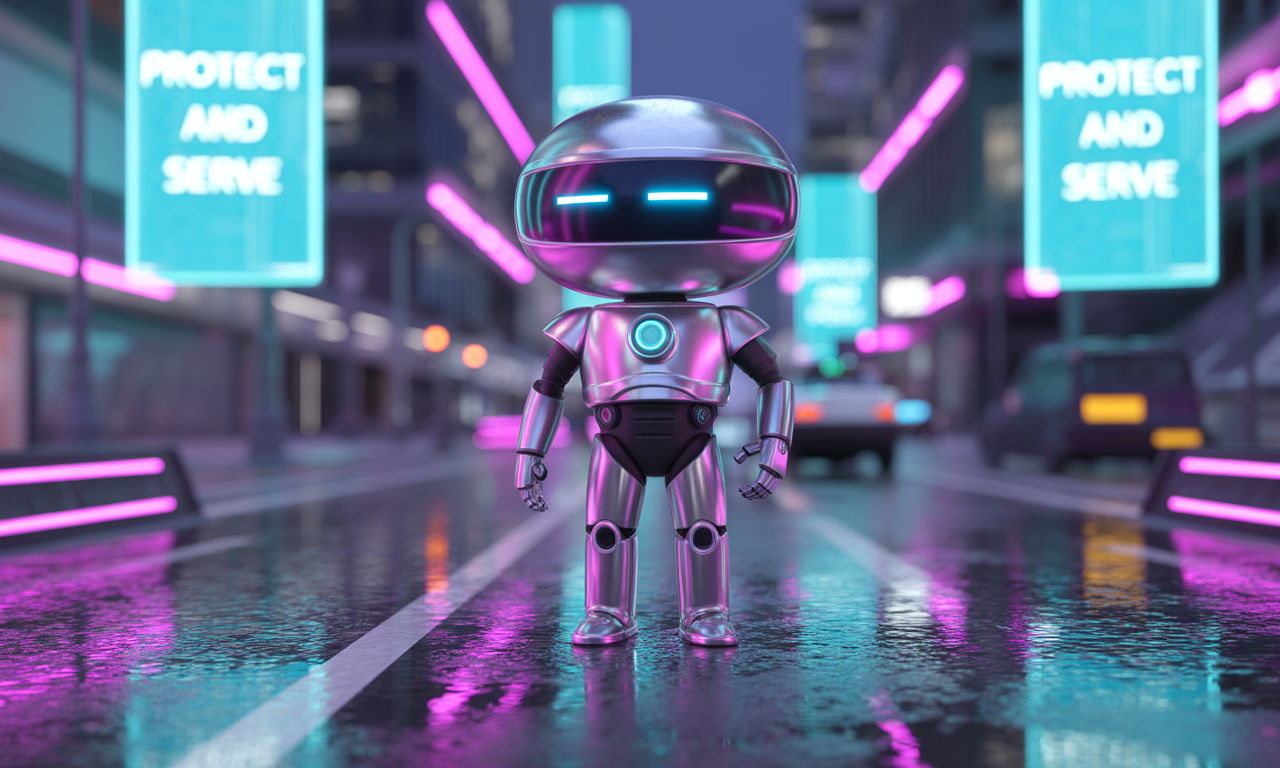The AI landscape is evolving at breakneck speed. Recent developments range from AI police systems to potential killer applications.
Let’s explore the most shocking AI breakthroughs from recent months and their implications for society.

RoboCOP: AI-Powered Law Enforcement
Automated Surveillance
AI systems monitor public spaces. They identify suspicious behaviors and potential crimes in real-time.
Predictive Policing
Algorithms analyze crime data. They forecast criminal activity hotspots with increasing accuracy.
Response Coordination
AI dispatches officers efficiently. It prioritizes threats based on severity and proximity.
China’s Military AI Development
Autonomous Weapons
Systems capable of selecting targets without human input
Strategic Decision Systems
AI that analyzes battlefield data and recommends tactics
Surveillance Networks
Vast systems monitoring population and border activity
China has invested billions in military AI. Their systems could potentially operate without human oversight.
Microsoft’s 2B4T: Revolutionary Language Model
Advanced Coding
Generates complex software from simple prompts
Multilingual Fluency
Understands and generates text in over 100 languages
Data Analysis
Interprets and visualizes complex datasets instantly
Safety Mechanisms
Built-in ethical guardrails prevent harmful outputs
DeepSeek: AI That Thinks Like Humans
Human-Like Reasoning
DeepSeek can follow complex chains of thought. It explains its reasoning step by step.
The system demonstrates causal understanding. It doesn’t just correlate but comprehends.
Knowledge Integration
The AI combines information from diverse sources. It creates novel connections between concepts.
DeepSeek can identify knowledge gaps. It actively seeks additional information when needed.
Potential Applications
Scientific research could accelerate dramatically. DeepSeek might discover patterns humans miss.
Medical diagnosis may become more accurate. The AI could consider unusual but relevant factors.
Ethical Dilemmas in AI Development
Autonomy vs. Control
How much decision-making power should AI systems have? Complete autonomy creates risks.
Privacy vs. Security
AI surveillance can prevent crime. But it also threatens fundamental privacy rights.
National Interest vs. Global Safety
Countries race to develop AI weapons. International cooperation lags dangerously behind.
Innovation vs. Caution
Moving slowly risks falling behind competitors. Moving too quickly risks catastrophic mistakes.

AI Regulation: Current Landscape
The EU leads with comprehensive AI regulation. The US approach remains fragmented across states.
China focuses on national security concerns. Most developing nations lag in creating regulatory frameworks.
The Path Forward: Balancing Progress and Safety
International Cooperation
Global governance frameworks must emerge. No single nation can regulate AI effectively alone.
Standards for testing and transparency should be universal. Safety should transcend political differences.
Public Engagement
Citizens need basic AI literacy. Democratic oversight requires informed populations.
Public debates should shape AI development. Technical decisions have profound social implications.
Responsible Innovation
Progress need not be sacrificed for safety. They can and must coexist.
Companies should embrace rigorous testing. Early detection of problems prevents costly failures later.

